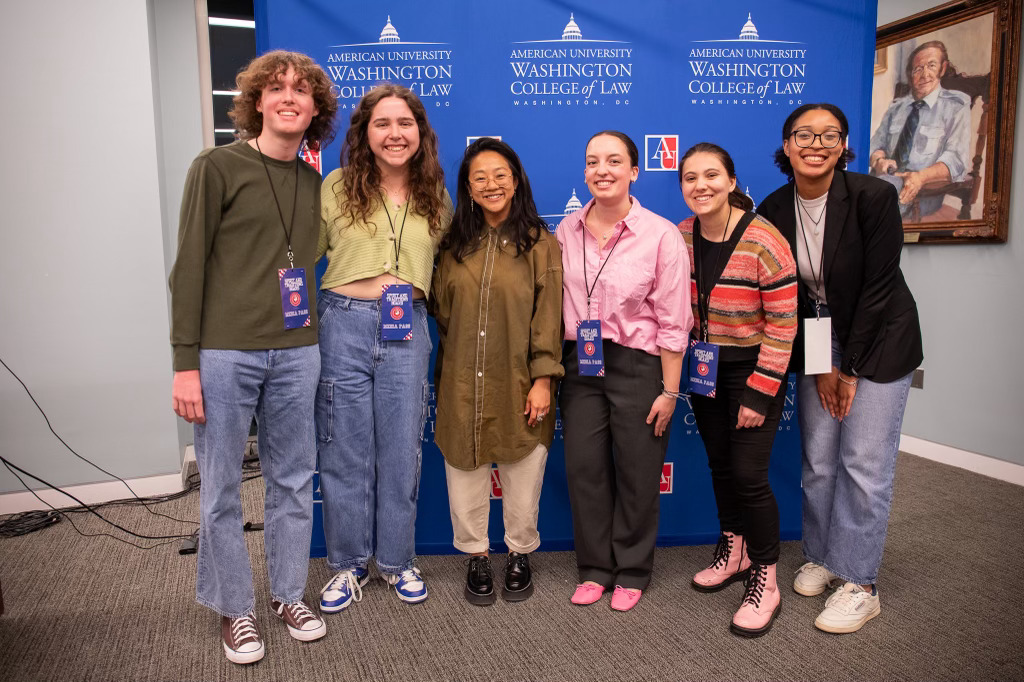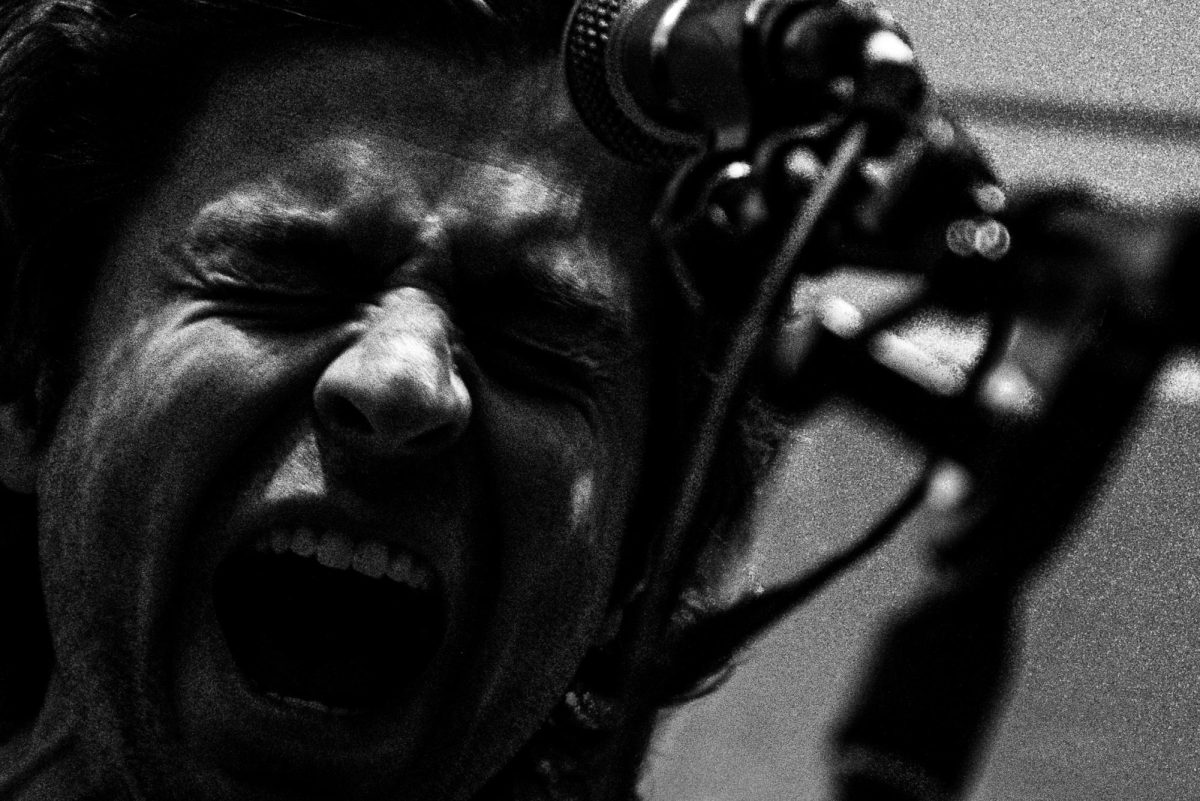Leading Ladies: Pt. 1 – Brown Girl, Brown Girl, Turn Ya Sh*t Down!
September 18, 2014
 Courtesy of Kindergachy.
Courtesy of Kindergachy.
I don’t think a lot of people understand just how important positive representation is, especially for young women of color. I’m going to focus on representation in music because that’s what I know and love.
Imagine 15-year-old me sitting in bed on top of my Hello Kitty sheets after a long day of school. Someone had just told me to go back to my country, another person had asked me not to drop a bomb on them, and I had a really hard math test. My hijab lay discarded on the floor, immediately taken off as soon as I got home. I tried to do homework but instead I looked for new music. One thing led to another and suddenly I was listening to “Deeper Conversation” and looking up a new singer.
The first picture of Yuna shocked me. She was wearing a colorful hijab and her style was just so cool and effortless. She was smiling, holding a guitar, and living it up on stage.
It was groundbreaking. I’d never dreamed that a hijab-wearing young woman from Southeast Asia could ever be in music. All I’d ever seen on TV and even on indie’ websites were white faces with a few exceptional black and brown faces thrown in to fill some quota. But even then, those brown and black musicians always seemed to be confined and constricted into a genre whereas white musicians seemed to be able to go anywhere: pop, rap, R&B, rock, you name it and there would be more than one white musician in that genre.
But a Malaysian Muslim hijabi making indie pop music? I didn’t think it was possible.
My dream of being involved in music didn’t seem so distant anymore. I knew I could sing but I didn’t think anyone would want to listen to me. They’d probably take one look at my hijab and say “No way!Û
But if Yuna could do it, then why couldn’t I? So I tried out for the school musical andÛ_I got in.
“Stop making this about race!” some of you may shout and yeah, I used to be like that too. I used to think that being “color-blind” was a good thing and that as long as people didn’t see race, we could all get along.
But race does matter and people see it whether they claim to be color-blind or not. Race matters because Gwen Stefani wearing a bindi is seen as fashionable but an Indian Hindu woman who is wearing it for religious purposes is seen as unable to assimilate. Race matters because Lady Gaga wearing a burqa is edgy but an Arab Muslim woman wearing it is seen as oppressed. Race matters because Miley Cyrus twerking is fun and quirky but a black woman doing that same dance is seen as uncultured and vulgar.
If I hadn’t learned about Yuna, I would’ve thought it was impossible for me to sing outside of my shower. I’d been involved in musical theater before I started wearing the hijab, but I stopped because I didn’t think anyone would want to see a hijabi on stage. However, seeing Yuna perform so confidently on stage gave me the confidence that I could do anything and that my hijab didn’t stop that.
If I hadn’t stumbled upon Yuna’s music, I wouldn’t have had the drive to find other women of color in music because I would’ve thought that hey, maybe there really isn’t someone like me out there making music.
But there is. She’s still making great music and I bet she has inspired another young Muslim girl to be involved in music, just like she inspired me.
(Note: The title of this post is from M.I.A.’s “Boom SkitÛ.)













